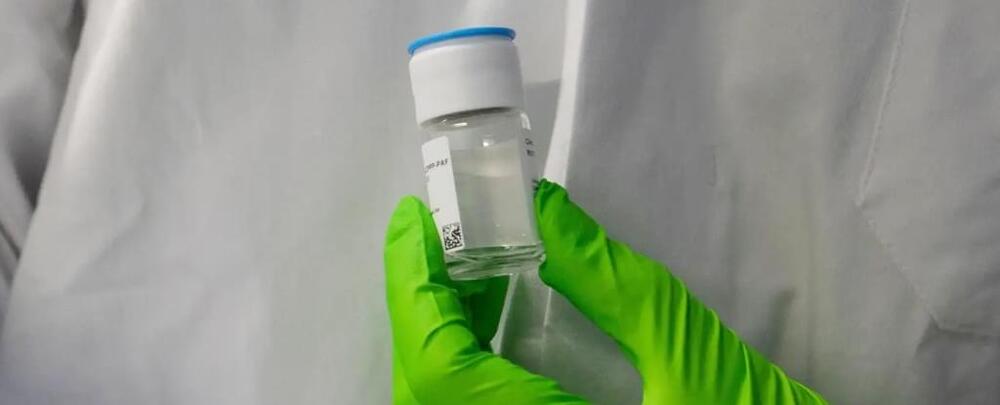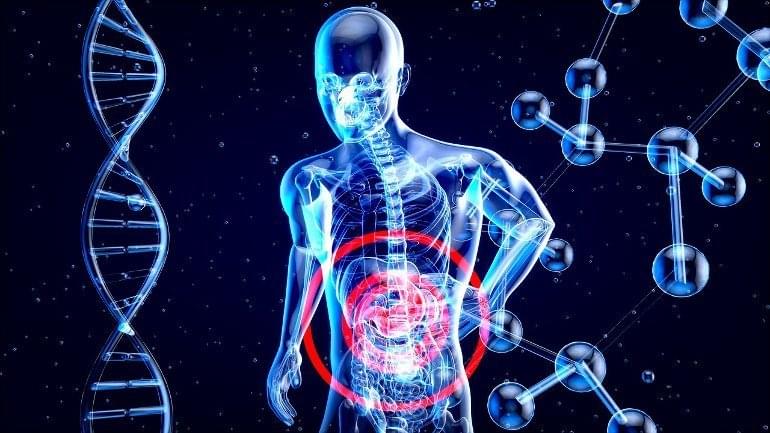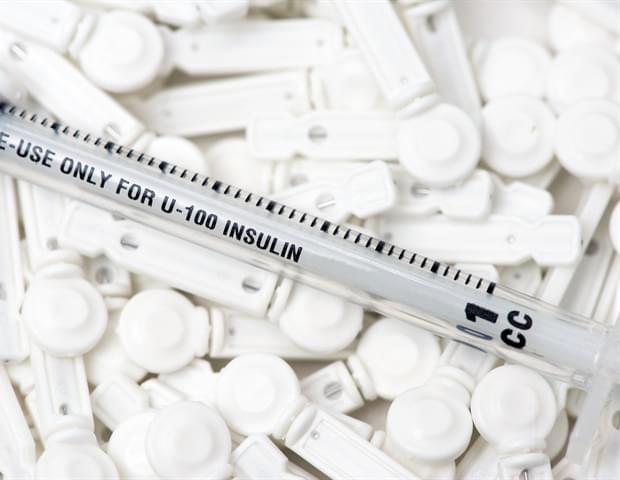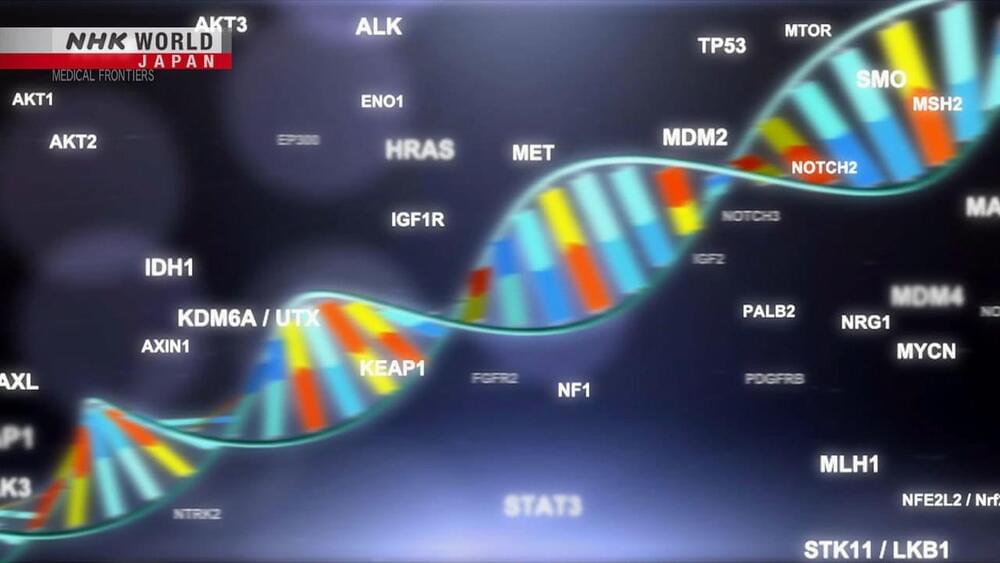Tumors escape killing by the immune system through generating transient spatial cell-in-cell structures that are impenetrable to cytotoxic compounds including lytic granules and chemotherapy.


Is Director, Open Innovation Programs, (Challenge. Gov — https://www.challenge.gov & CitizenScience. Gov — https://www.citizenscience.gov), at the U.S. General Services Administration (GSA — https://www.gsa.gov).
The GSA is an independent agency of the United States government established in 1949 to help manage and support the basic functioning of various federal agencies, supplying products and communications for U.S. government offices, providing transportation and office space to federal employees, and developing government-wide cost-minimizing policies and other management tasks.
The GSA employs about 12,000 federal workers. It has an annual operating budget of roughly $33 billion and oversees $66 billion of procurement annually. It contributes to the management of about $500 billion in U.S. federal property, divided chiefly among 8,700 owned and leased buildings and a 215,000 vehicle motor pool. Among the real estate assets it manages are the Ronald Reagan Building and International Trade Center in Washington, D.C., which is the largest U.S. federal building after the Pentagon.
Dr. Meador leads the crowdsourcing, citizen science and prize competition open innovation portfolio at GSA that includes Challenge. Gov and CitizenScience.gov. Previously, she led the innovation sourcing program at the Department of Veterans Affairs Center for Innovation and this portfolio included prize competitions, broad agency announcements, and pay for success/social impact financing. The AAAS Science and Policy Technology Fellowship brought her to the federal government at the U.S. Agency for International Development ten years ago where she led a large-scale desalination technology development prize competition.
Dr. Meador earned a Master’s degree in Biology from Texas State University, a Ph.D. in Cancer Biology at the University of Texas Graduate School of Biomedical Sciences, and is an Air Force Veteran.
Dr. Meador Upcoming Events.
The recently identified, globally predominant SARS-CoV-2 Omicron variant (BA.1) is highly transmissible, even in fully vaccinated individuals, and causes attenuated disease compared with other major viral variants recognized to date1 – 7. The Omicron spike (S) protein, with an unusually large number of mutations, is considered the major driver of these phenotypes3,8. We generated chimeric recombinant SARS-CoV-2 encoding the S gene of Omicron in the backbone of an ancestral SARS-CoV-2 isolate and compared this virus with the naturally circulating Omicron variant. The Omicron S-bearing virus robustly escapes vaccine-induced humoral immunity, mainly due to mutations in the receptor-binding motif (RBM), yet unlike naturally occurring Omicron, efficiently replicates in cell lines and primary-like distal lung cells. In K18-hACE2 mice, while Omicron causes mild, non-fatal infection, the Omicron S-carrying virus inflicts severe disease with a mortality rate of 80%. This indicates that while the vaccine escape of Omicron is defined by mutations in S, major determinants of viral pathogenicity reside outside of S.
The authors have declared no competing interest.

The husband-and-wife team who co-founded BioNTech, the biotechnology company that partnered with Pfizer to develop an effective messenger-RNA (mRNA) shot against COVID-19, has predicted that a cancer vaccine could be widely available within the next decade.
“Yes, we feel that a cure for cancer, or to changing cancer patients’ lives, is in our grasp,” said Professor Ozlem Tureci during an interview on BBC’s ‘Sunday with Laura Kuenssberg’.
The cancer vaccine, which would build upon breakthroughs achieved by the scientists during the development of the COVID-19 shot, may be widely available within just eight years, said Professor Ugur Sahin.

Summary: Proteins associated with motor neuron disease, or ALS are present in the gut many years before disease pathologies can be found in the brain. A stool sample or gut biopsy could help identify the presence of MND-associated proteins years before symptoms appear.
Source: University of Aberdeen.
The same proteins thought to contribute to motor neuron disease can be found in the gut many years before any brain symptoms occur, a new study by the University of Aberdeen has found.

Cleveland Clinic researchers have identified a common diabetes medication, metformin, as a possible treatment for atrial fibrillation.
The study, published in Cell Reports Medicine, built on ongoing collaborative Cleveland Clinic research to support further investigation into metformin as a drug repurposing candidate. Researchers used advanced computation and genetic sequencing to determine that metformin’s targets overlap significantly with genes dysregulated in atrial fibrillation.
Finding drugs or procedures to treat atrial fibrillation is difficult because of potential serious side effects. There is a significant need for new treatments for atrial fibrillation as there have been no new drugs approved in more than a decade.

The liver is known for its ability to regenerate. It can completely regrow itself even after two-thirds of its mass has been surgically removed. But damage from medications, alcohol abuse, or obesity can eventually cause the liver to fail.
Currently, the only effective treatment for end-stage liver disease is transplantation.
However, there is a dearth of organs available for transplantation. Patients may have to wait from 30 days to over 5 years to receive a liver for transplant in the US. Of the over 11,600 patients on the waiting list to receive a liver transplant in 2021, only a little over 9,200 received one.
Circa 2018 face_with_colon_three
“This data set—and the opportunities it creates—are … arguably one of the most important things to have happened in neurobiology recently,” says Rachel Wilson, a neurobiologist at Harvard University who was not involved in the new work. “Anyone in the world who is interested can download the data set and determine whether any two neurons … talk to each other.”
The 100,000-neuron fruit fly brain is elementary compared with the roughly 100 billion neurons in our own skulls. But the fly is still “much more than this little speck that you swat away from your wine glass over dinner,” says Davi Bock, a neuroscientist at the Howard Hughes Medical Institute’s Janelia Research Campus in Ashburn, Virginia. Some systems in the fly brain—like those responsible for detecting and remembering smells—likely share “common principles” with those in humans, he says.
To make out features of individual synapses, where a signal from one neuron travels to another, Bock and colleagues used an electron microscope, which can resolve much finer detail than a traditional light microscope. They soaked a fly’s brain in a solution containing heavy metals, which bind to the membranes of neurons and to proteins at the synapses. That made the brain look like a wad of noodles, each dark on the outside but white on the inside, Bock explains. Then, a diamond knife cut the brain into about 7,000 slices, each of which was struck with a beam of electrons from the microscope to create an image.

Genomic medicine is undergoing rapid change after the Japanese public health insurance system began to cover genetic testing in 2019. Cancer patients who meet certain criteria are able to take these tests for a relatively affordable price, and their genetic information is collected in a massive database and analyzed with the help of around 170 hospitals across the country. But challenges remain, with suitable drugs available for only 10% of patients who undergo testing.

Quantum effects play a hitherto unexpected role in creating instabilities in DNA – the so-called “molecule of life” that provides instructions for cellular processes in all living organisms. This conclusion, based on work by researchers at the University of Surrey in the UK, goes against long-held beliefs that quantum behaviour is not relevant in the wet, warm environment of cells, and could have far-reaching consequences for models of genetic mutation.
The two strands of the DNA double helix are linked together by hydrogen bonds between the DNA bases. There are typically four different bases, called Guanine (G), Cytosine ©, Adenine (A) and Thymine (T). In the standard configuration, A always bonds to T while C always bonds to G. However, if the protons (nuclei of the hydrogen atoms) that make up the bonds hop from one strand of DNA to the other then a genetic mutation can occur.
\r \r